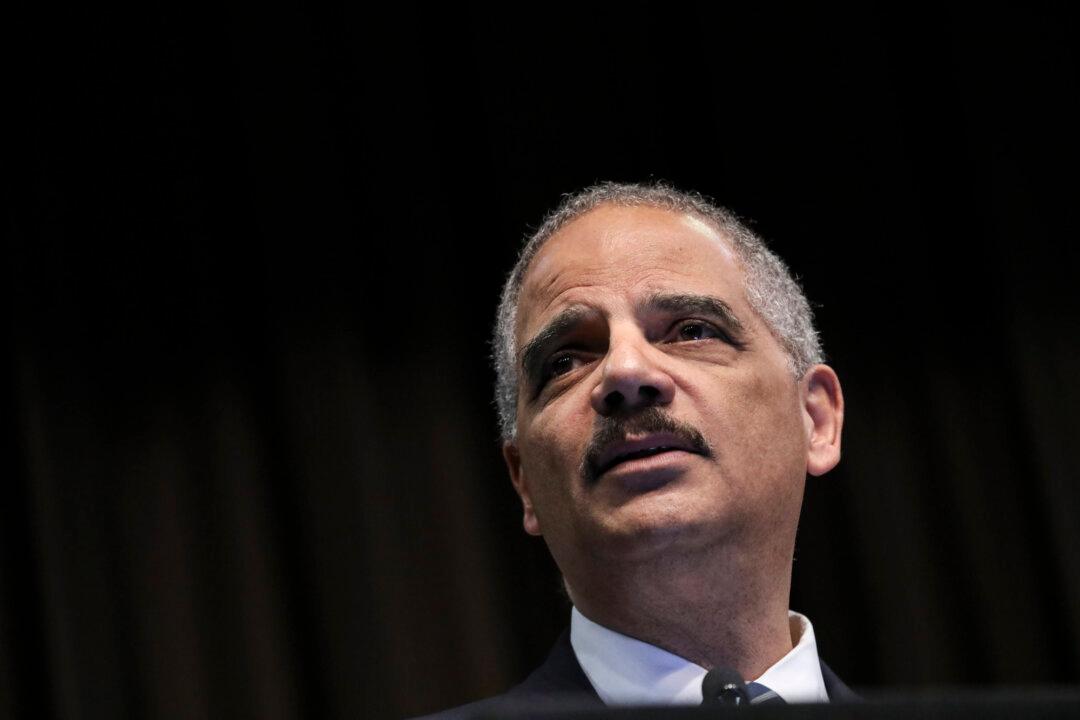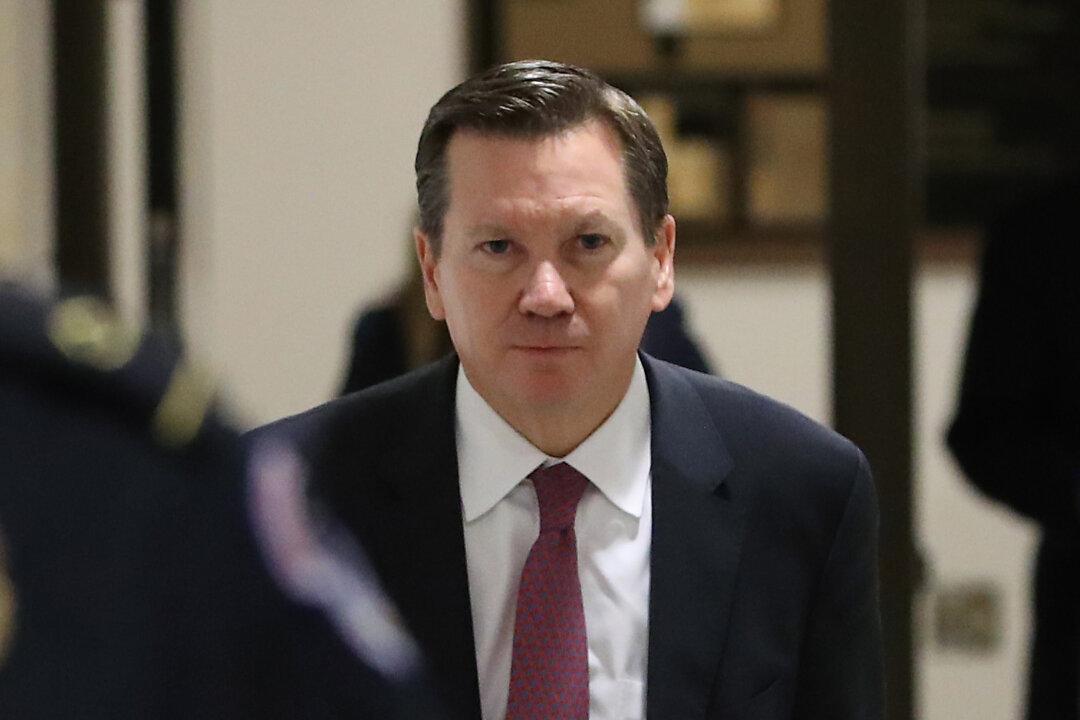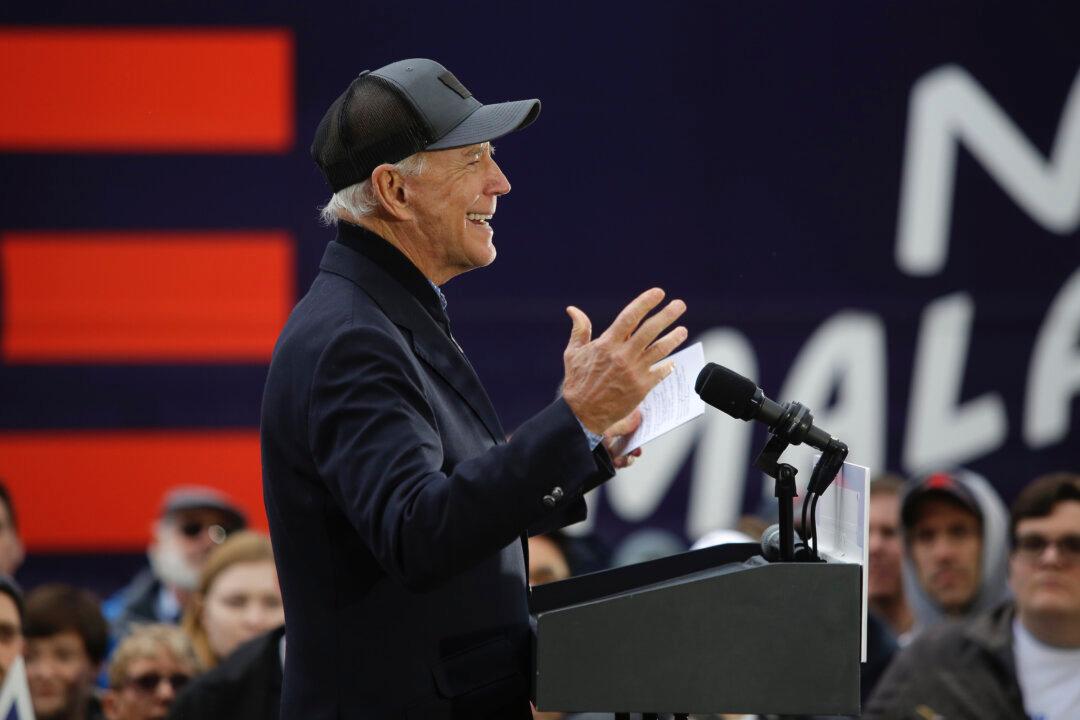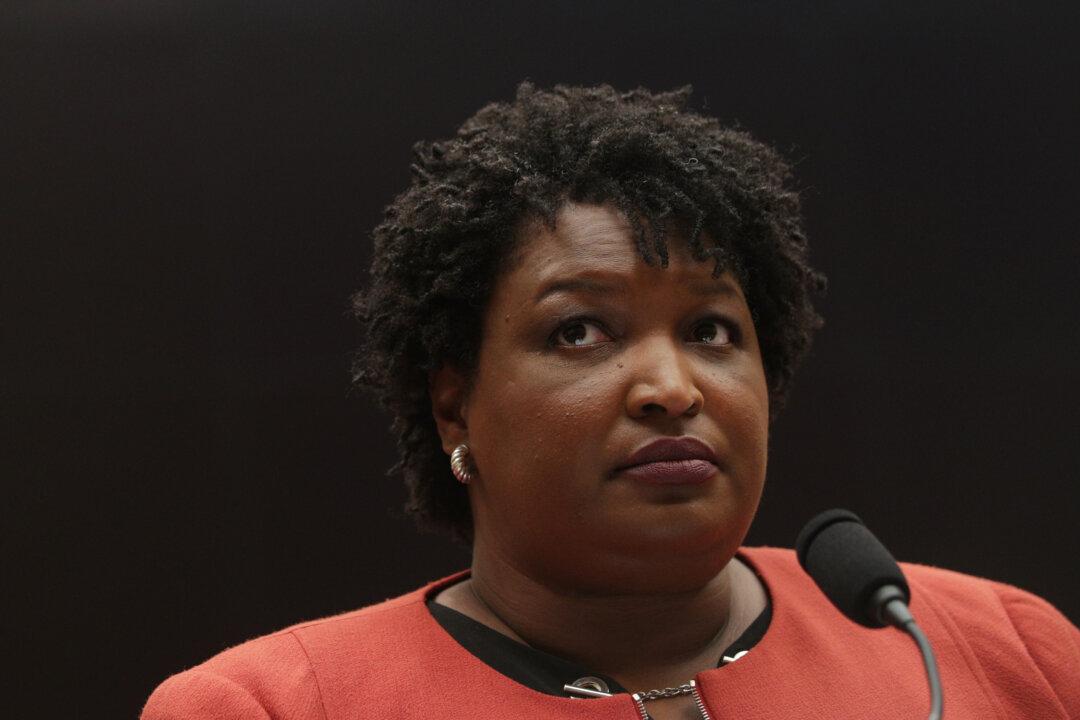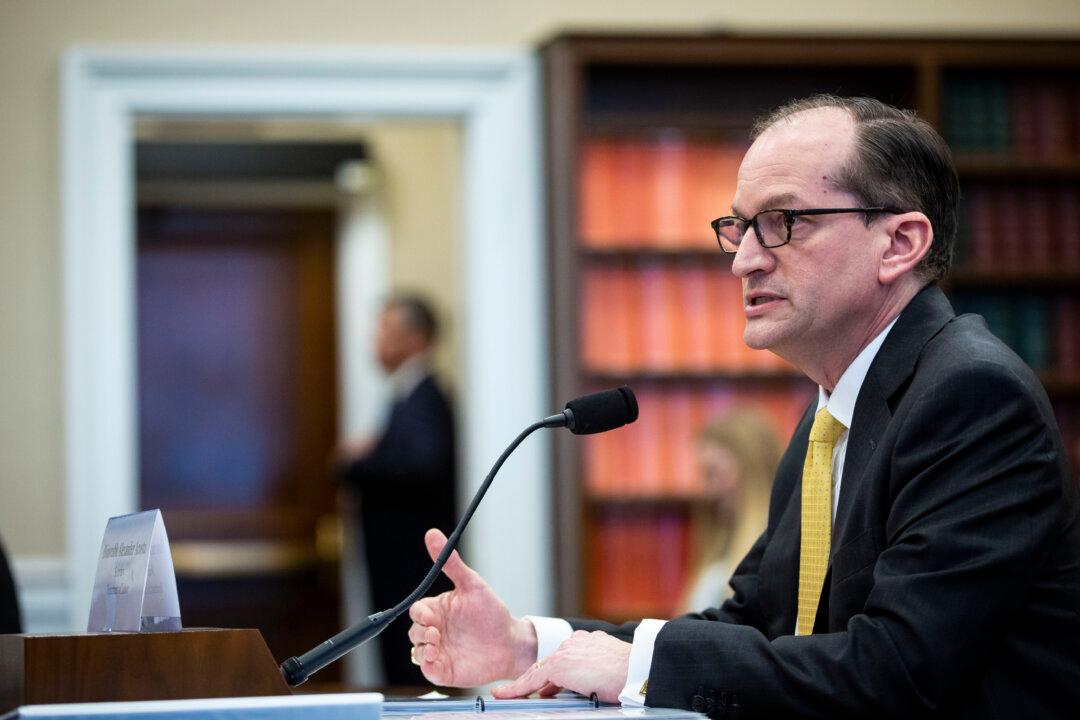Wisconsin voters appear to have delivered a stunning rejection to former U.S. Attorney General Eric Holder’s latest political objective, in a state that’s not only sure to be a 2020 election battleground, but also pivotal in the upcoming decennial redistricting process.
Holder is the chairman of the National Democratic Redistricting Committee, a tax-exempt, 527 political organization that primarily operates for the purpose of influencing elections. The group’s stated aim is to favorably position Democrats in select “red states” and presidential swing states for the next round of redistricting after the 2020 census.
